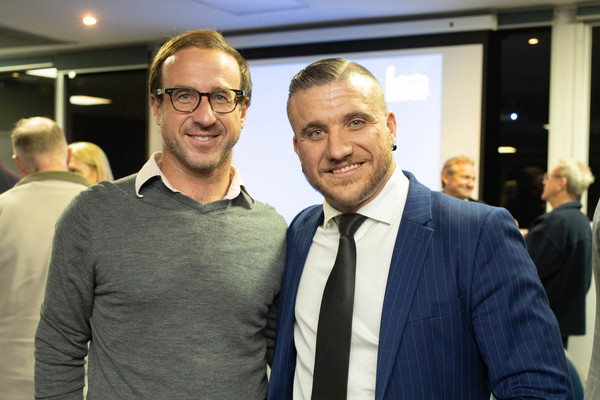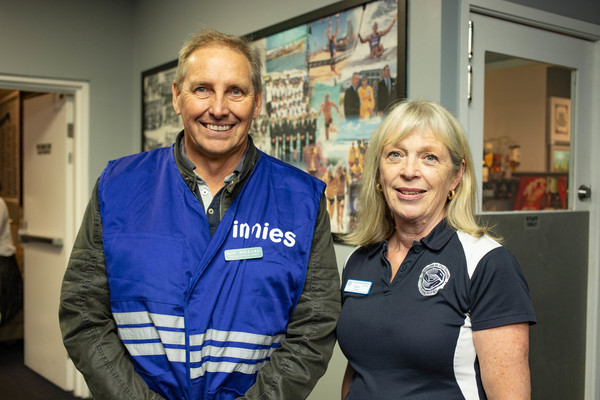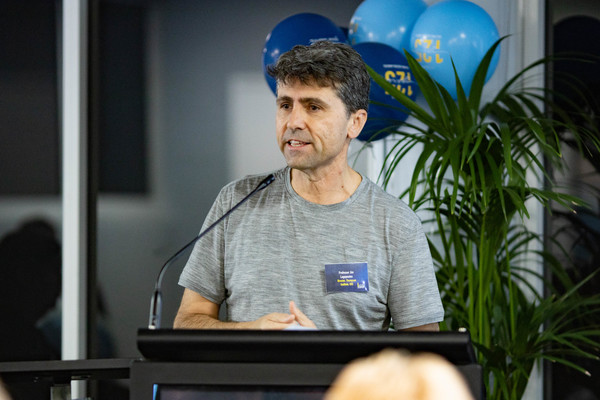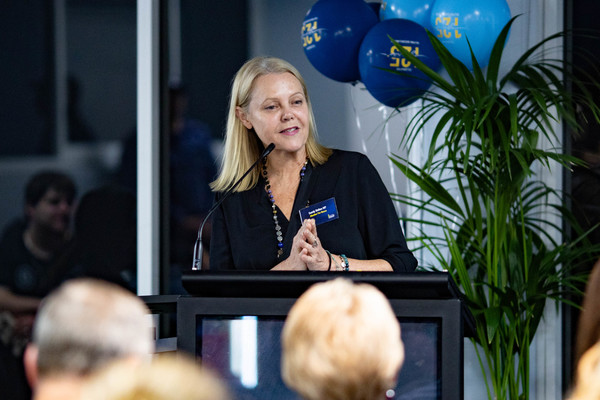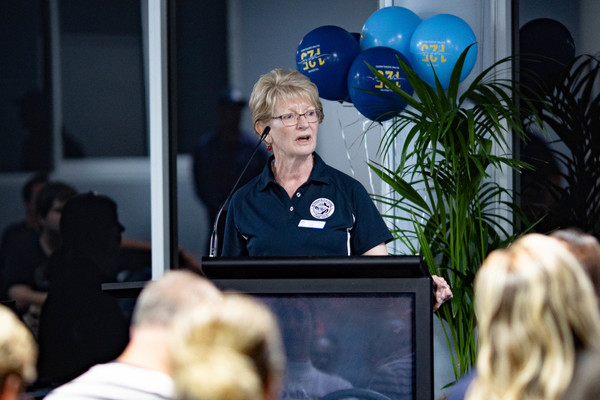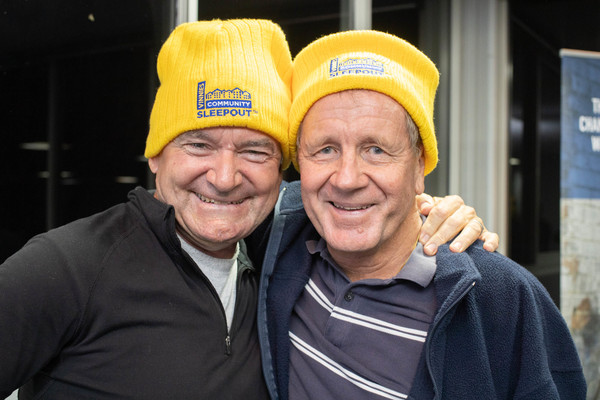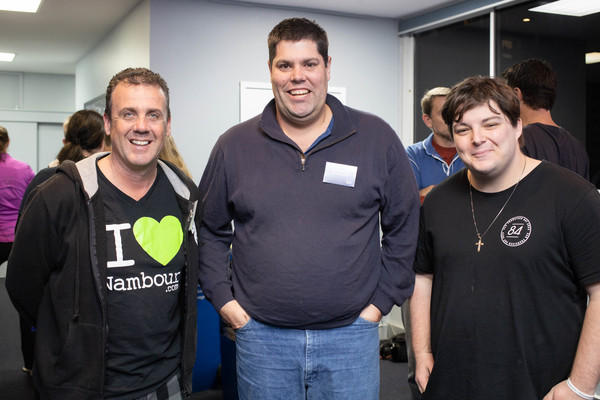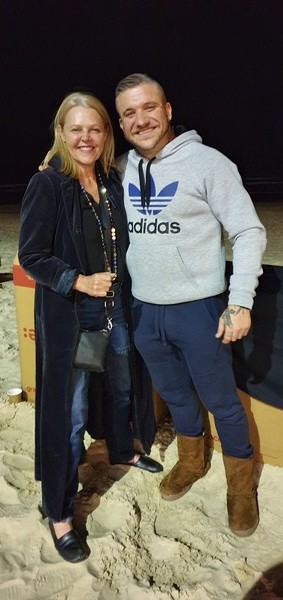Up to 1600 people are homeless on any night on the Sunshine Coast, St Vincent de Paul Society Sunshine Coast Corporate and Community Sleepout committee chair Sue Stack told more than 100 politicians, business and community members who last Friday night slept out just one night at the Vinnies Community Sleepout raising $75,000 for affordable housing.
Matthew Kratiuk spent his first night sleeping out in years when he joined them but there were many nights in his past when it was his only choice.
“Today life is simple,” he said. “I’m happy, healthy, have a good relationship and am living in a place so far beyond what my reality had been for such a long time.”
Matthew grew up in a loving, middle class home with a father an accountant and a mother a nurse. His parents separated when he was about 14 and Matthew started to rebel. He was expelled from the Grammar school he attended. He went to live with his father in the Sydney beachside suburb of Cronulla.
When his father started drinking heavily so did he. They were two angry men living under one roof. By age 16 Matthew had been expelled from Cronulla State School and was living on the street. For a while he lived on someone’s couch but people get sick of looking after you, he said, and as hard as it is for them they kick you out.
“It profoundly changed the way I was as a human being. There’s an anxiety that never leaves you,” he said. He slept in parks and begged for money at the train station, embarassed to see kids he’d gone to school with. “It put a wedge in my vision – I felt I would never be like them”.
His life spiralled out of control. He moved to the Gold Coast and began smoking ice every day. “Crime ruled my life – drugs, women. One day I woke up in jail,” he said. He joined a bike gang and moved to Perth. He had become a violent career criminal who carried a gun and had been on the receiving end of death threats. He moved back to Sydney, pushed away his family. At a low point with nowhere to sleep and no food he decided it was time to check out. He wrote a letter to his family. In the moment he held a gun to his own head he remembered a happy time as a boy with his younger brother when his parents had bought them a golden retriever. Instead of pulling the trigger he typed rehab into his phone. He had been an ice addict from age 16 to 33.
“I had no idea how to live, how to work,” he said.
For Matthew the real turning point came when he walked into a chapel and a woman from St Vincent de Paul spoke to him, gave him a hug, said she loved him and it was going to be OK. He broke down in tears. “She was willing to look past the broken,” he said. “That changed me. I was in a place where I could trust someone.” Five years on Matthew now works as a sales director and consultant.
In the past year Vinnies helped almost 15,000 people on the Sunshine Coast to the tune of $600,000, Sue Stack said.Noosa MP Sandy Bolton told participants at the Maroochy surf club sleepout that after decades of trying it was very frustrating that Noosa still had no emergency accommodation for people who were homeless.
We talk about homelessness as though it’s a choice. How wrong this is, she said.
Ms Bolton said while the reasons for homelessness were complex the costs to the community and the individuals concerned was great in terms of it affects on a person’s self esteem, ability to work, health and safety.
She said affordable housing was calculated at 30 per cent of a person’s income. With the average income in Noosa being $600 per week there was no affordable accommodation in the region. Small lot and caravan park housing was only available to those in the retirement sector but it was possible to create a model of housing for others, she said. It could be dynamic, located in industrial precincts, atop shops or on local government land not being used that could be loaned for this purpose. “It’s time for the talk to transfer into action,” she said.
USC Professor Jim Lagopoulos, director of Nind and Neuroscience Thompson Institute, a free mental health facility, spoke of the link between homelessness and mental illness. He said up to 50 per cent of homeless people had some mental health illness and their lack of a home increased their likelihood of other physical illness.
The stress of homelessness can bring out mental health symptoms in people with no prior mental illness, he said.For more visit www.vinnies.org.au or vinniescommunitysleepout on Facebook.

